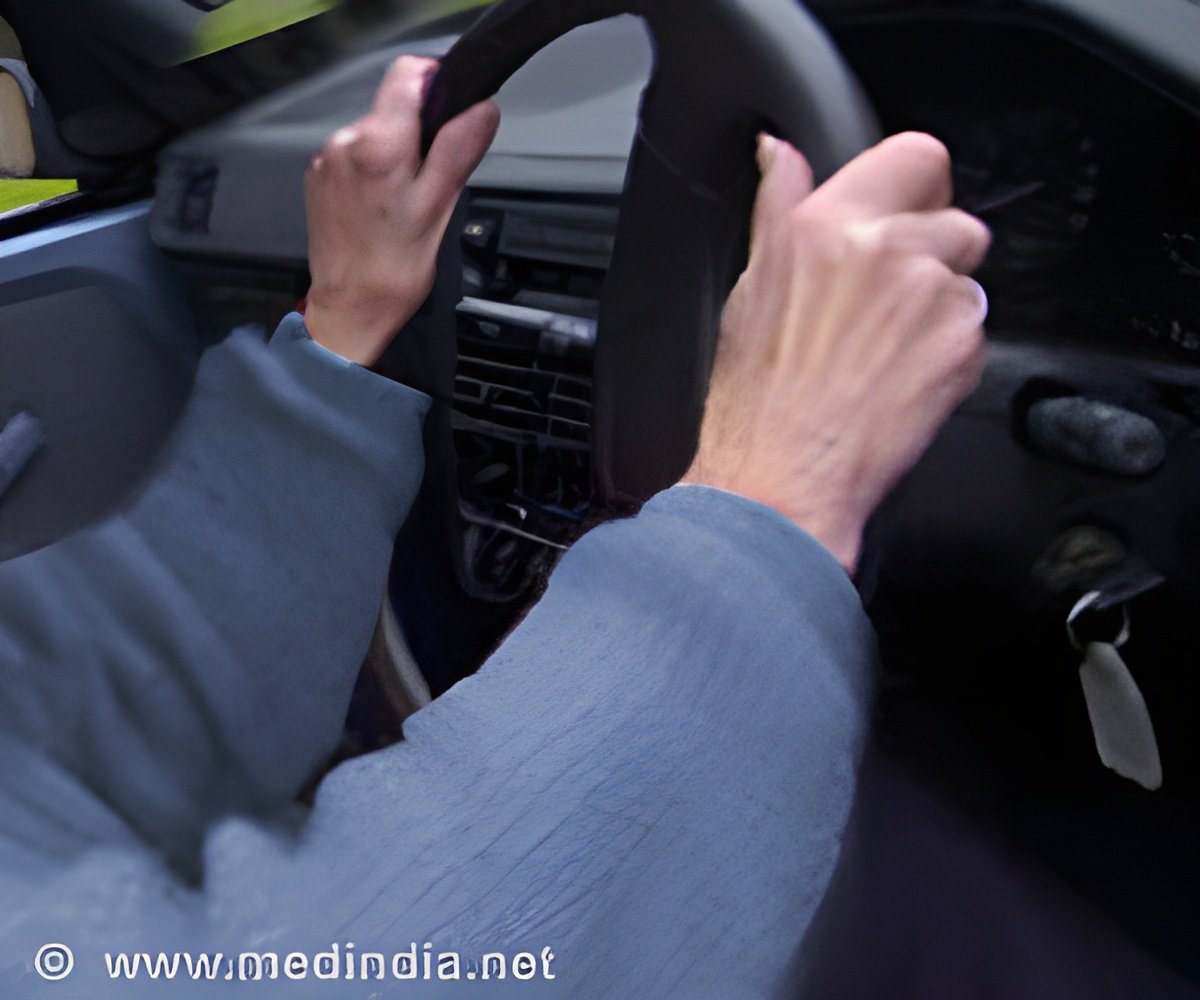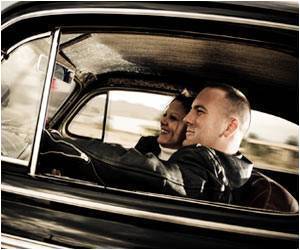
Randall Commissaris, associate professor of pharmaceutical sciences and Doreen Head, assistant professor of occupational therapy, said the results were surprising because they contradict those of other studies examining the connection between age and distracted driving.
"Generally, people believe that younger drivers are more easily distracted and therefore would be more susceptible to the dangers of texting and driving," said Commissaris. "However, our study -- which included drivers ranging in age from 18 to 59 -- demonstrated just the opposite. Although texting while driving had a negative impact on drivers of all ages, younger drivers were less distracted by texting, and older drivers' performance was much worse because of their texting."
Findings were based on the observation of participants who demonstrated proficiency at texting with one hand, owned smartphones and indicated they were prolific texters. On average, about 50 percent of all subjects had lane excursions -- or crossed from one lane to another -- while texting. But what shocked Commissaris and Head most was that as the age of drivers increased, so did the percentage of lane excursions. One hundred percent of drivers who were between 45 and 59 years old made lane excursions while texting as compared to about 80 percent of subjects between 35 and 44, almost 40 percent of participants between 25 and 34, and nearly 25 percent of drivers between 18 and 24.
"There is a perception that more-experienced drivers can text and drive more safely because they can manage distractions better than less-experienced drivers," said Head. "Not only are adults sending the wrong message because they are telling young people to do as they say, not as they do, but they are also putting themselves and others in harm's way."
Commissaris and Head plan to examine the impact of age on driving and texting further. They hope to find out why age difference is a factor.
Advertisement
Researchers also found that texting while driving in the simulator affected drivers' attitudes about the dangers of texting and driving. Before the study, all 50 participants agreed that texting and driving was dangerous. After the study, 60 percent believed that texting while driving was even more dangerous than they originally thought it was. The study suggests that providing people with the opportunity to experience the effects of texting while driving firsthand helps raise awareness of the risks associated with texting and driving and may have the potential to reduce this dangerous behavior among drivers of all ages.
Advertisement
The research team, which also included Gordon Rumschlag, Theresa Palumbo, Aaron Swift, Amber Martin, and Rajiv George, noted that the study underscores the importance of continuing to educate drivers about the hazards of texting while driving, and the need to develop campaigns directed at adults, a group among which the frequency of texting while driving has increased. According to a survey conducted by the Pew Research Center's Internet and American Life Project, 47 percent of texting adults said they had sent or read a text message while driving as compared to 34 percent of texting 16-to-17-year-olds who said they had texted while driving.
Source-Eurekalert











